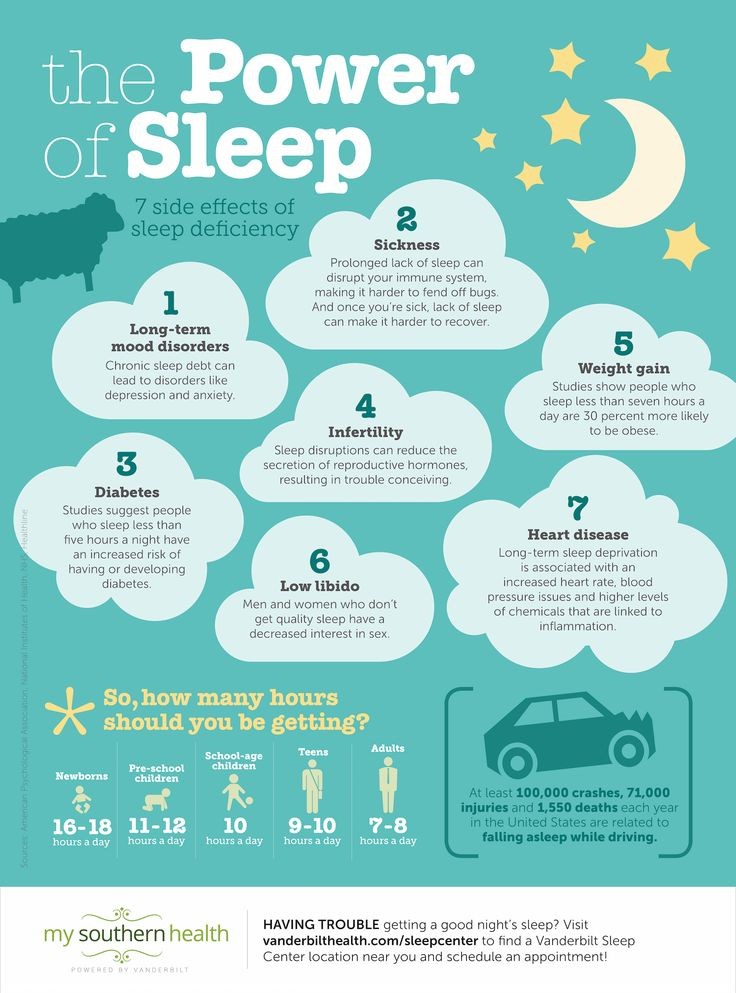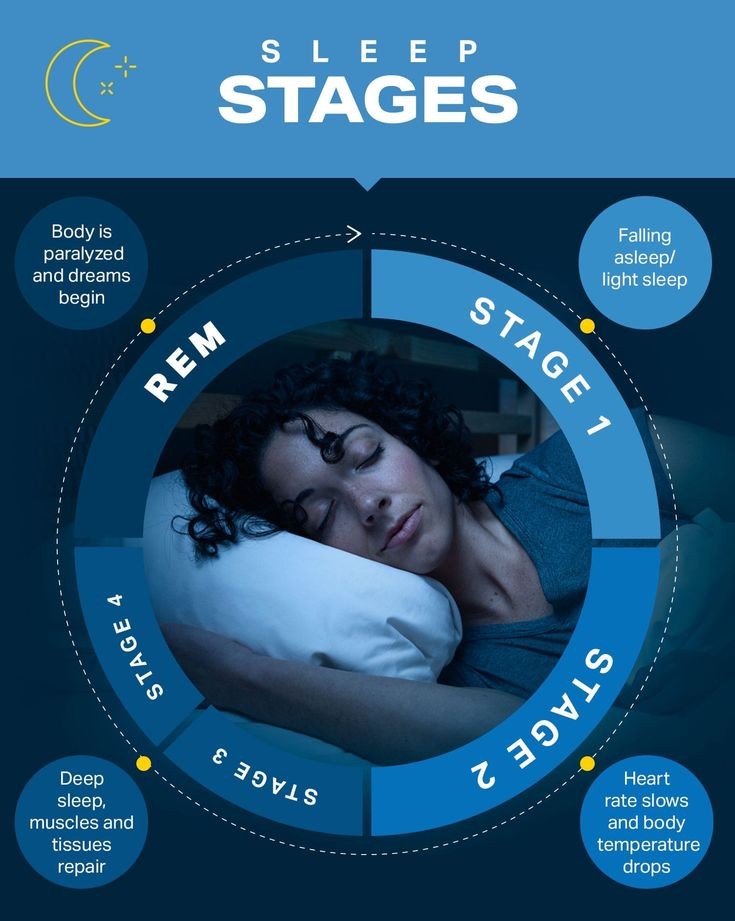The science of sleep: understanding the importance of restful sleep and tips for improving sleep quality.
Sleep is an essential part of our daily lives, yet it is often overlooked and undervalued. The importance of sleep goes beyond just feeling rested and refreshed in the morning. It is a vital component of our physical and mental health, affecting everything from our mood to our ability to concentrate and learn. In this article, we will explore the science of sleep, why it is important, and provide tips for improving sleep quality.
Why is sleep important?
Sleep plays a crucial role in our physical and mental well-being. It allows our body to repair and regenerate cells, strengthens our immune system, and helps us process and retain information. Adequate sleep also supports our mental health, contributing to our overall mood and emotional regulation.
On the other hand, chronic sleep deprivation has been linked to a host of health problems, including obesity, diabetes, cardiovascular disease, and depression. Lack of sleep can also impair cognitive function, affecting memory, attention, and decision-making skills.
How much sleep do we need?
The amount of sleep we need varies depending on our age and individual needs. Newborns require up to 17 hours of sleep a day, while adults typically need between 7-9 hours. However, some people may require as little as 6 hours or as much as 10 hours to feel fully rested.
It's important to note that quality of sleep is just as important as quantity. Poor sleep quality, such as waking up frequently or feeling unrefreshed in the morning, can have similar negative effects as sleep deprivation.
What happens when we sleep?
While we sleep, our body goes through several stages of sleep, each with its unique characteristics. These stages can be broken down into two categories: Rapid Eye Movement (REM) sleep and Non-Rapid Eye Movement (NREM) sleep.
During NREM sleep, our body relaxes, and our brain waves slow down. This stage is essential for physical restoration, as our body repairs tissues, builds bone, and strengthens our immune system.
REM sleep, on the other hand, is when our brain is most active, and our eyes move rapidly behind our closed eyelids. This stage is critical for cognitive restoration, as it is when our brain processes and consolidates memories, learning, and emotions.

Tips for improving sleep quality
Now that we understand the importance of sleep let's discuss some tips for improving sleep quality.
Establish a regular sleep schedule
One of the best ways to improve sleep quality is to establish a regular sleep schedule. Try to go to bed and wake up at the same time every day, even on weekends. This helps regulate your body's internal clock and can improve the quality of your sleep.
Create a relaxing sleep environment
Your sleep environment can also impact the quality of your sleep. Keep your bedroom cool, dark, and quiet. Use comfortable bedding and invest in a comfortable mattress and pillows. Consider using white noise machines or earplugs to block out any distracting sounds.
Limit screen time before bed
The blue light emitted by electronic devices can interfere with your body's natural production of melatonin, a hormone that regulates sleep. Try to avoid using electronic devices for at least an hour before bed. Instead, try reading a book, taking a warm bath, or practicing relaxation techniques such as meditation or deep breathing exercises.
Avoid caffeine and alcohol
Caffeine and alcohol can both disrupt your sleep. While caffeine is a stimulant that can keep you awake, alcohol may help you fall asleep but can lead to disrupted sleep patterns and frequent awakenings. Try to limit your intake of both substances, especially in the hours leading up to bedtime.

Exercise regularly
Regular exercise can improve the quality of your sleep, but timing is crucial. Regular exercise is one of the most effective ways to improve the quality of your sleep. Engaging in physical activity on a regular basis has been shown to promote deeper and more restful sleep, reduce the time it takes to fall asleep and increase the overall duration of sleep.
Here are some tips for incorporating exercise into your routine to improve your sleep:
Schedule your exercise for the morning or early afternoon. Exercise can help to energize you, so it's best to avoid vigorous physical activity in the hours leading up to bedtime.
Choose activities that you enjoy. Exercise doesn't have to be a chore. Find an activity that you enjoy, whether it's jogging, swimming, dancing, or playing a sport. When you enjoy what you're doing, you're more likely to stick with it.
Aim for at least 30 minutes of moderate exercise most days of the week. This could be anything from a brisk walk to a yoga class. The key is to get moving and get your heart rate up.
Be consistent with your exercise routine. Regular exercise is important for establishing good sleep habits. Try to exercise at the same time every day to help establish a consistent sleep routine.
Be mindful of your body's signals. If you're feeling fatigued or experiencing pain or discomfort, it's important to take a break and listen to your body. Pushing through pain or exhaustion can have a negative impact on your sleep quality.
Don't exercise too close to bedtime. Vigorous exercise can increase your body temperature and heart rate, making it difficult to fall asleep. Try to finish your workout at least a few hours before bedtime.
By incorporating regular exercise into your routine, you can improve the quality of your sleep and enjoy the many benefits of restful, rejuvenating sleep.
CONCLUSION
In conclusion, sleep is an essential biological process that affects our physical, mental, and emotional well-being. Good sleep hygiene is crucial to achieving restful and restorative sleep, which in turn is crucial for optimal health and performance. However, many people struggle with sleep-related problems due to lifestyle factors, stress, and underlying medical conditions. Therefore, it is important to understand the science of sleep and implement strategies to improve sleep quality.
One of the most important factors in achieving restful sleep is maintaining a consistent sleep-wake schedule. This means going to bed and waking up at the same time every day, even on weekends. This helps regulate the body's internal clock and promote better sleep quality. Additionally, creating a relaxing sleep environment can also improve sleep quality. This includes keeping the bedroom cool, dark, and quiet, as well as avoiding electronic devices before bedtime.
Other lifestyle factors that can affect sleep quality include diet and exercise. Eating a healthy and balanced diet and avoiding large meals before bedtime can promote better sleep. Regular exercise can also improve sleep quality, but it is important to avoid vigorous exercise close to bedtime as it can interfere with sleep.
Stress and anxiety can also affect sleep quality, and it is important to find ways to manage these factors. This can include practicing relaxation techniques such as meditation or deep breathing exercises, as well as seeking support from a mental health professional.
If lifestyle changes alone are not enough to improve sleep quality, there are also medical interventions available. These can include medications, such as sleeping pills or antidepressants, as well as therapy, such as cognitive-behavioral therapy for insomnia (CBT-I). It is important to talk to a healthcare professional before starting any medication or therapy for sleep-related problems.
In summary, sleep is an essential process for optimal health and performance. Improving sleep quality can have numerous benefits, including improved mood, concentration, and physical health. By implementing good sleep hygiene practices and addressing underlying factors that may be interfering with sleep, it is possible to achieve restful and restorative sleep. If sleep problems persist, it is important to seek help from a healthcare professional to identify and address any underlying medical or psychological conditions.


You must be logged in to post a comment.